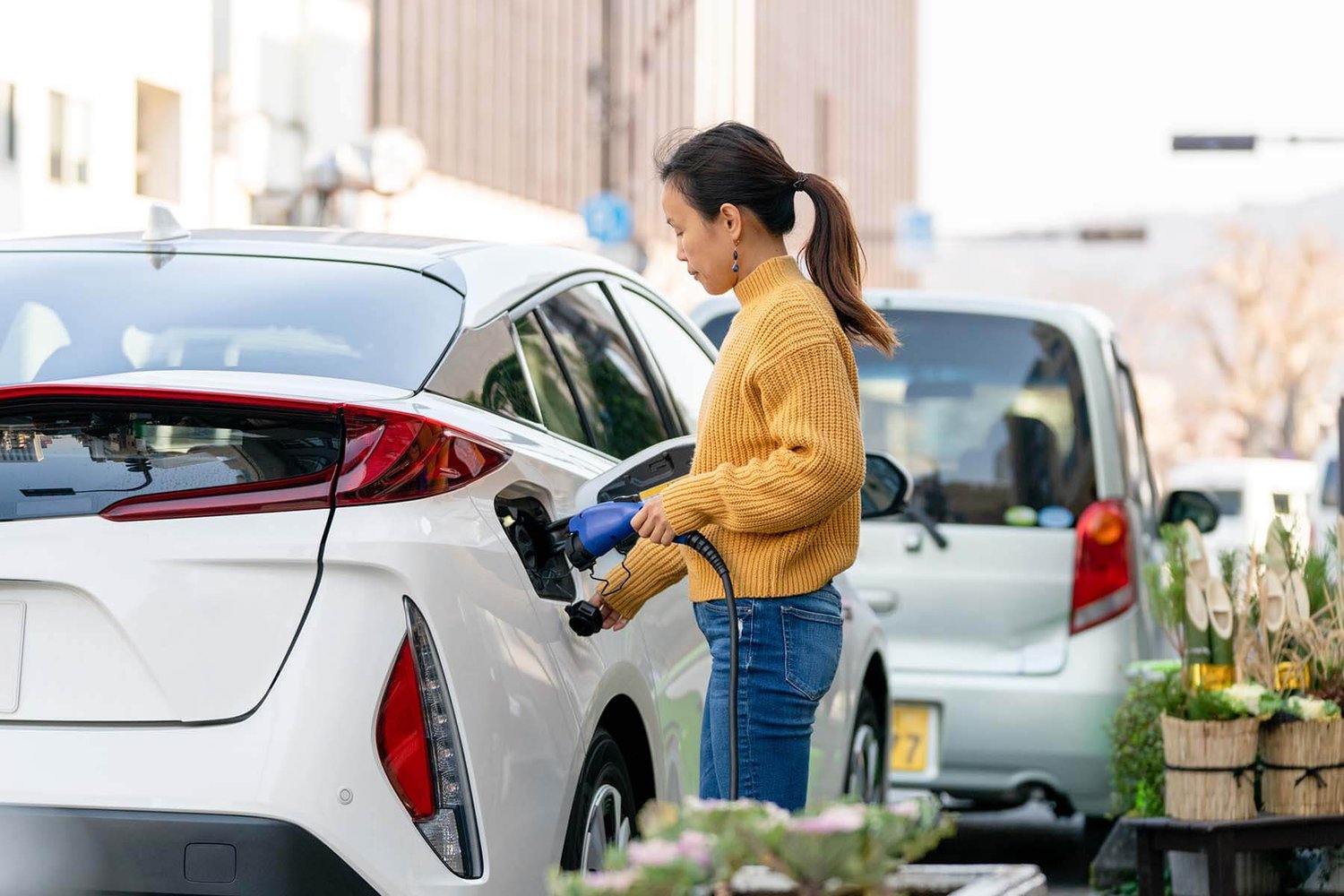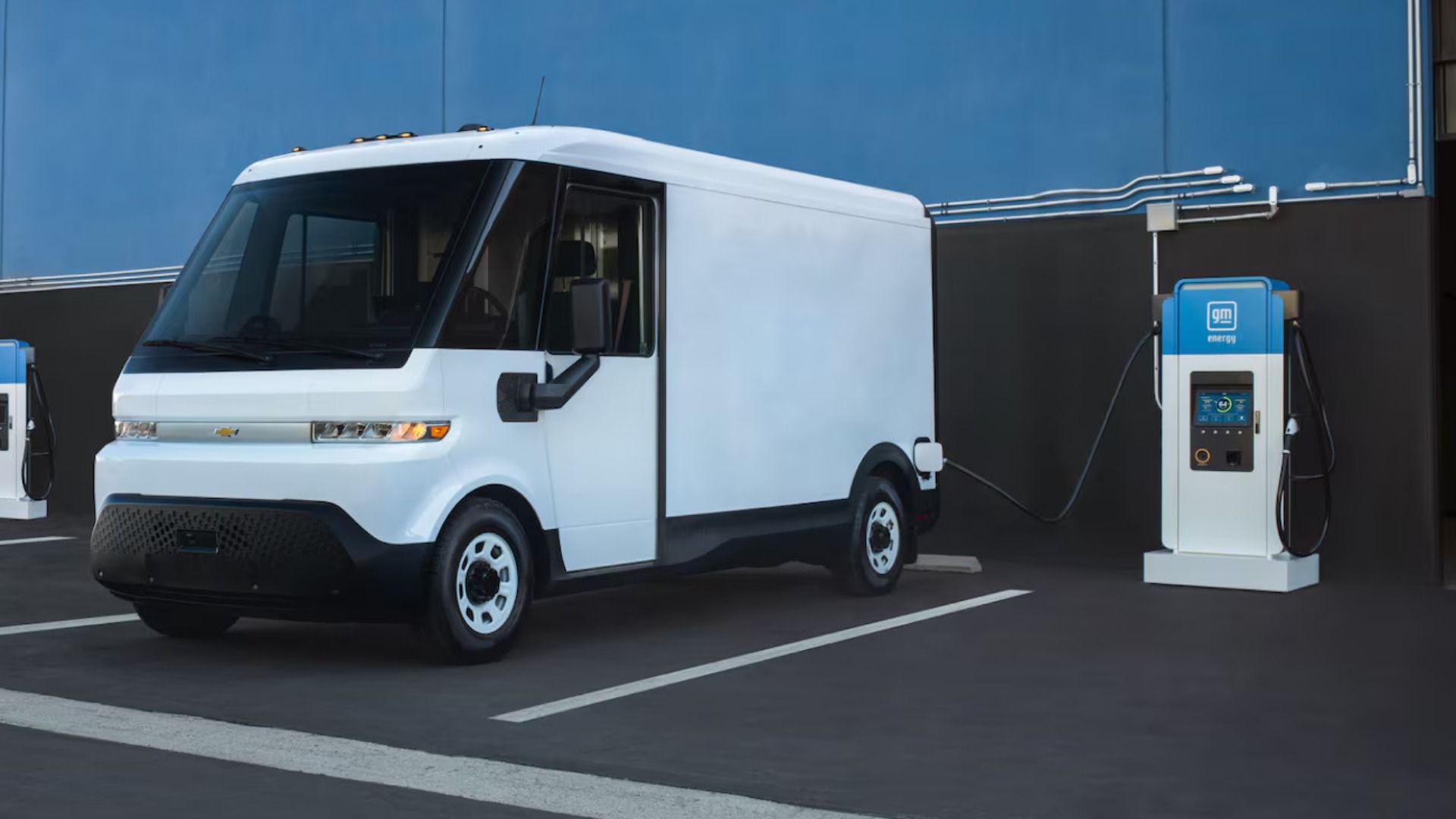Five Steps for Buying Quality Used Cars
Sometimes buying a new vehicle doesn’t make sense for your family. Thanks to the drastic depreciation of new cars when they are driven off the lot, used cars are often a more economical choice. But how can you know you’re getting a good deal? And how can you be sure the vehicle is reliable? This checklist will help you buy with confidence.
1. Make a budget.
Decide what you can afford, whether you’re buying the vehicle outright or looking to finance. Keep in mind that used cars are usually financed at a higher rate, and factor that into the final price. Stick to your budget, and don’t buy impulsively. Walk away and keep looking if a car isn’t the right price. And this is the perfect time to practice your negotiation skills! Even if it makes you uncomfortable, most sellers expect to haggle a little, and it can save you a lot of money.
2. Do your research.
Before you ever go to a car lot or meet a private seller, you should research the best models within your price range. Find out what prices people in your area pay so you’ll know if you’ve found a good deal. Also, research the most common problems of popular models and find out what warning signs to look for. Then, take your time shopping around.
3. Take it for a test drive.
Once you’ve found something you like that fits your budget, it’s time for the test drive. Are you comfortable getting in and out of the vehicle? Do you have enough head, elbow, and leg room? You will likely be spending a lot of time in the car, so you want to be sure that you’re comfortable. Also, take time to inspect the vehicle carefully. Look for any signs of an accident, check the tires, and make sure the lights, signals, and air conditioning are in good working order.
4. Get a mechanic’s inspection.
Even if the service engine light isn’t on, used cars can have serious problems lurking under the hood that you might not be able to spot during a routine test drive. A seller should be willing to let you have the vehicle checked out by your mechanic, otherwise beware of a shady deal. If your mechanic finds a minor problem, the seller may reduce his asking price. But if the problem is serious, then you should probably find another option.
5. Get the paperwork.
You should never buy a car that doesn’t come with a clean title. Ask to see the title and registration before you hand over your payment, especially if dealing with a private seller. For your protection, you should also request a bill of sale. Once you own the vehicle, make sure you sign the title and update the tags and registration. Then drive your new-to-you ride all over town!








